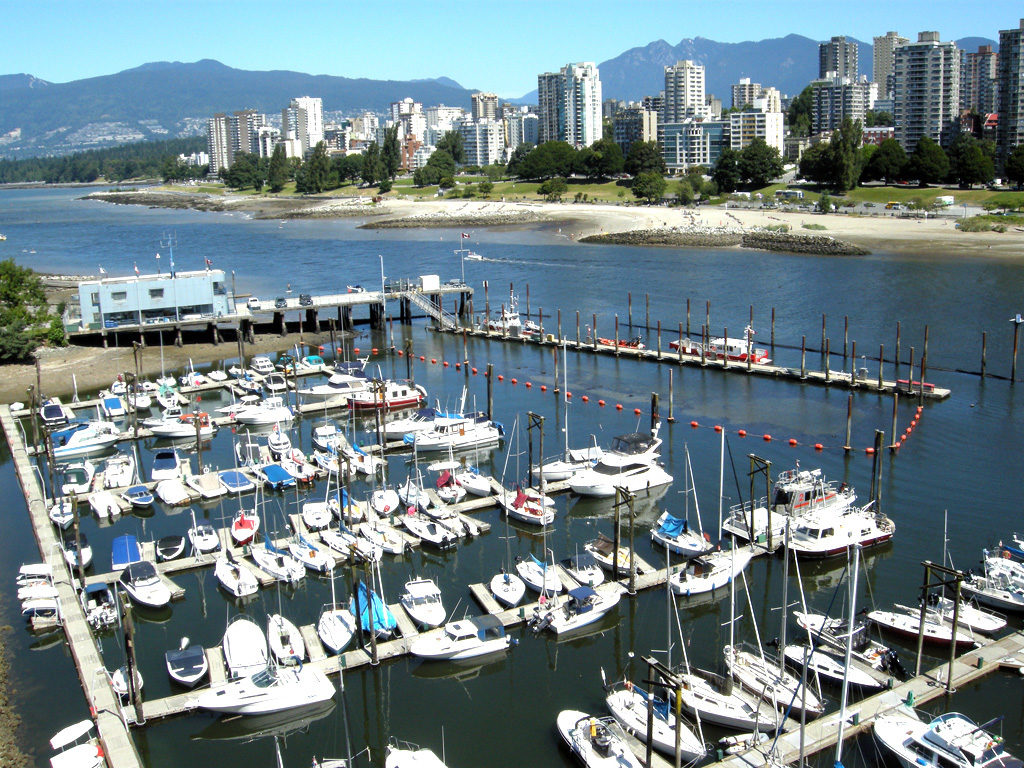Scanning the listings of houses for sale in Vancouver can be a dizzying experience.
In 2015, more than 90 per cent of homes in Vancouver were assessed at $1 million or more, according to data compiled by the Simon Fraser University City Program. This year’s assessments, which will be sent to homeowners next January, will be even higher.
A decade ago just 11 per cent of homes in the city surpassed the $1 million threshold. Even then Vancouver was considered Canada’s most expensive city.
There’s no shortage of theories and speculation about what’s driving that increase.
Foreign buyers’ impact on houses for sale
Thursday, the BC government released the results of a survey it conducted between June 10-29 to determine the impact of foreign buyers on prices of houses for sale. Finance Minister Michael de Jong said foreign nationals comprised 5.1 per cent of all home buyers in Metro Vancouver during that three-week period.
Of the 5,118 transactions recorded, 4,858 (or 94.9 per cent) were conducted by Canadian citizens or permanent residents. Across the province, only three per cent of home buyers weren’t Canadian citizens or permanent residents.
The study is welcomed by the Real Estate Board of Greater Vancouver, which has urged the government to track the residency of home buyers in the province.
“The housing affordability challenge we face if of critical importance to all of us in the region,” said Dan Morrison, the president of the REBGV. “It’s important that this debate be based on facts.”
The benchmark price for a detached home in Greater Vancouver is 38.7 per cent higher than a year ago. An article in The Guardian placed at least some of the reason for such a huge increase on wealthy Chinese nationals using Vancouver real estate to launder money.
“Compounding the frustration is the fact that, according to experts, a major portion of the money flooding into the market is hot,” said the article.
The government survey may defuse at least some of that notion. Less than three per cent of all residential property transactions in Metro Vancouver during the study period were conducted by Chinese citizens. Foreign buyers also came from 12 other countries including Korea, India, Romania, the United Kingdom and Nigeria.
But not everybody is buying the government numbers. Delegates to the Asia Real Estate Association of America conference that was held in Vancouver on July 7 said the government’s data was too conservative.
“It is way, way higher than that,” Byron Burley, the vice-president of China’s largest foreign real estate search engine, told Business in Vancouver magazine.
Michael North of the Asia Pacific Network Foundation said the figure might be close to 10 per cent.
Trickle down to local houses for sale
Locally, our listings of New West houses for sale are not attracting the attention of foreign buyers.
What we are seeing is the trickle-down of buyers who’ve cashed out of their Vancouver properties looking for a new home in areas of Metro Vancouver that offer better value. Buying a home outside the city gives them the opportunity to keep some of their profits in the bank for future renovations, a retirement nest egg, travel.
As long as the demand from those kinds of buyers stays high, and the supply of houses for sale remains tight, prices will continue to escalate. No matter where those buyers are coming from.
